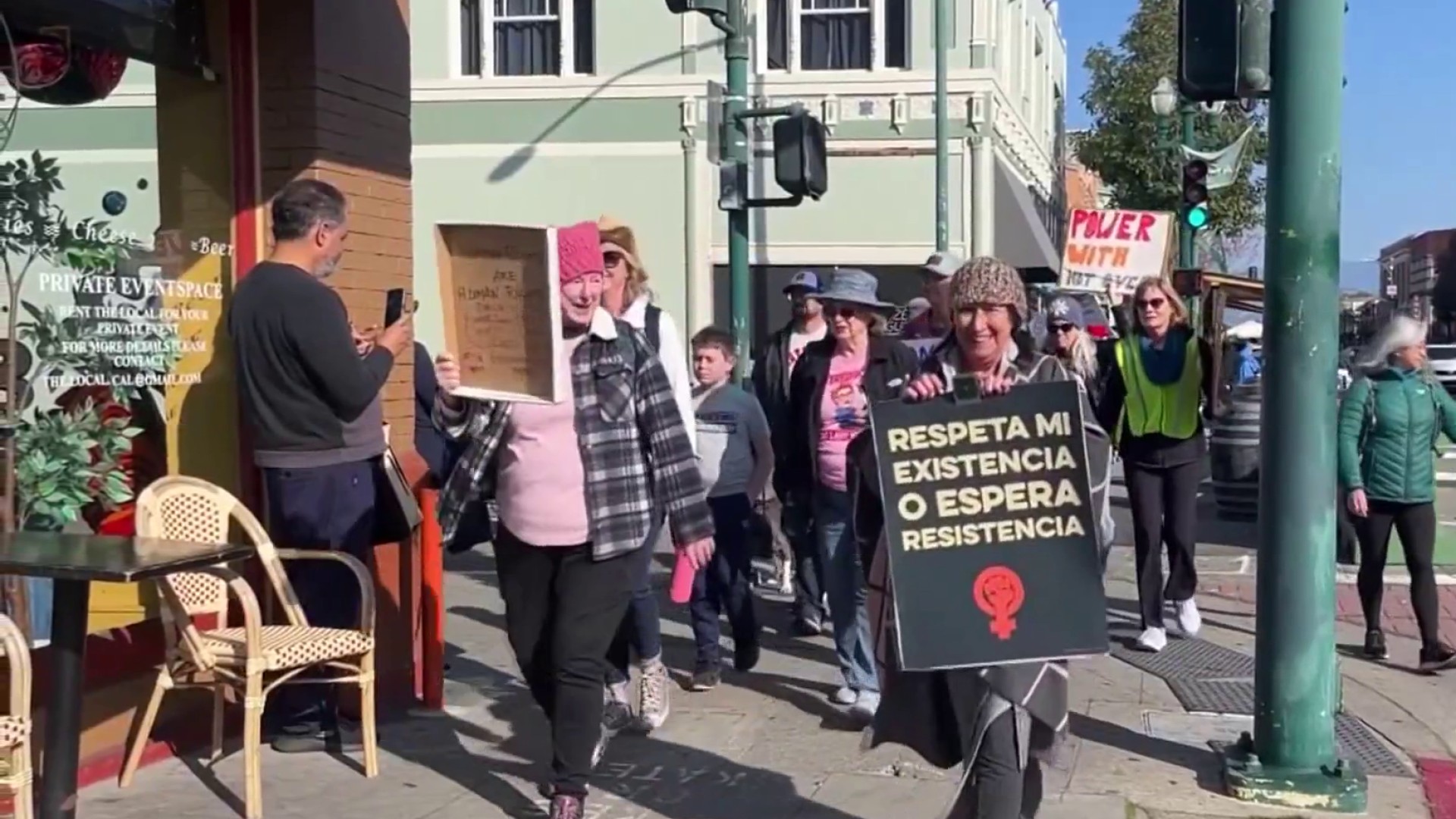An air quality advisory that was set to expire after Friday was extended through Saturday due to lingering wildfire smoke, according to the Bay Area Air Quality Management District.
The smoke is drifting into the region from wildfires in the western U.S and Canada.
"An inversion layer combined with local pollution and residual smoke from fires in the western U.S. and Canada is impacting air quality in the Bay Area," the district said in a statement on Thursday afternoon. "As onshore winds increase this afternoon and Friday, air quality is expected to be good to moderate on the air quality index."
The district said conditions can change rapidly and the amount and location of smoke at ground level is hard to predict. The public can check for real-time smoke pollution levels in their local area with the U.S. EPA's fire and smoke map.
Wildfire smoke contains fine particulate matter and other harmful pollutants, and exposure is unhealthy, even for short periods.
The district said it's important that Bay Area residents protect their health by avoiding exposure. If possible, and temperatures allow, stay inside with windows and doors closed until smoke levels subside.
Residents can also reduce their exposure to smoke by setting air conditioning units and car vent systems to re-circulate to prevent outside air from moving inside. The use of indoor air filtration or going to a clean air center or other location with filtered air, such as a library or mall, can also help reduce smoke exposure.
Local
Smoke can irritate the eyes and airways, causing coughing, a scratchy throat and irritated sinuses. Elevated particulate matter in the air can trigger wheezing in those who suffer from asthma, emphysema or COPD.
Older people, children, and people with respiratory illnesses are particularly susceptible to elevated air pollution levels and should take extra precautions to avoid exposure.
Get a weekly recap of the latest San Francisco Bay Area housing news. Sign up for NBC Bay Area’s Housing Deconstructed newsletter.
The district said it will closely monitor air quality throughout the region for smoke impacts. Pollutant levels are not expected to exceed the national 24-hour health standard, so no Spare the Air Alert is in effect.



